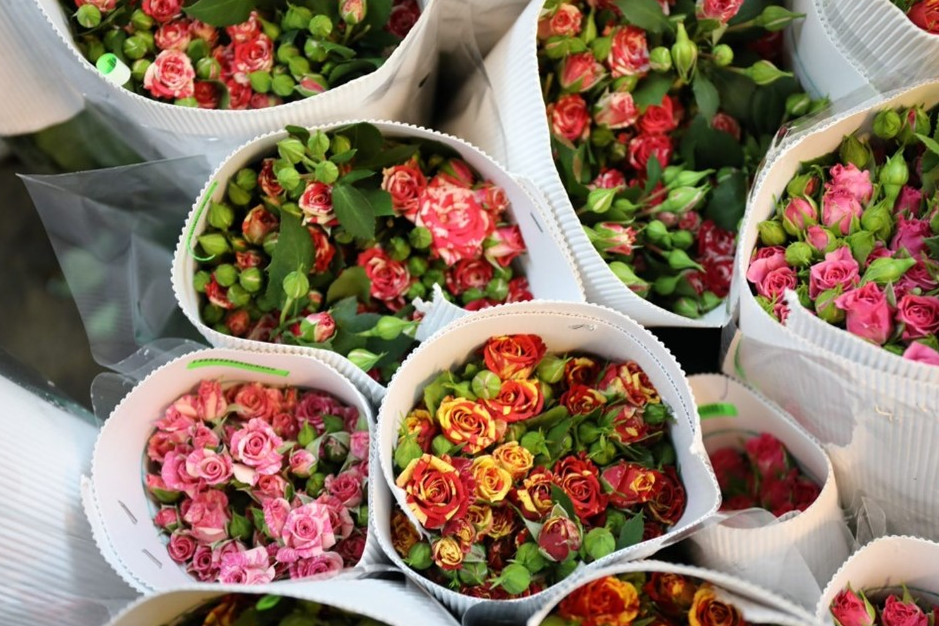
February 14th is a famous day across the globe. On this day, people from all walks of life and from across the globe celebrate among other things, the organ donor day, cream filled chocolate day and the valentines day. At this point, your bet as well as mine is that the majority celebrate the latter.
It is on valentine day that people, young and old shift from normal conversations to floriography, the language of flowers, specifically the rose flowers to express their love and admiration for their partners, friends, family or even, prospective partners. Beautiful, isn’t it? Well, the other beautiful thing is that majority of these brightly coloured red roses are cultivated right here in our country Kenya.
Kenya is the world's 3rd largest exporter of cut flowers and accounts for 40% of all flower sales in Europe. The East Africa’s leading economy sells 70% of her flowers to Europe according to Kenya Flower Council. That means that if you receive a flower on valentine’s day, it most likely will be a Kenyan grown flower according to floral statistics. As the 3rd largest foreign exchange earner for Kenya, the floriculture sector employs over 500, 000 people and impacts over 2 million livelihoods.
Kenya flowers Export Performance in 2022
The year 2022 has been challenging for the floriculture industry. The demand for cut flowers in the primary markets has been affected by the global inflation which has cut back on spending, the Russian-Ukraine conflict that has halted the export of flowers to the promising market, higher cost of fertilizers and limited or expensive freight.
The horticulture export declined by 9.9% in the first 8 months of 2022 as compared to a similar period in 2021 according to the Central Bank of Kenya. In the first 8 months of 2022, Kenya exported fruits, vegetables and cut flowers with a total worth of USD 717 million or Ksh 84.1 billion from a volume of 371, 129 tons. This was a decline from 2021 horticulture earnings which was USD 769 million from 427, 697 tons according to CBK.
Kenya through agencies such as Kenya Export Promotion and Branding Agency and the Kenya Flower Council are exploring new markets like South Korea, Japan, Turkey, China, USA, Australia and Eastern Europe in order to address the declining exports.
The government’s subsidy on fertilizers and packaging material will cut cost on production hence leading to increased output. The high energy prices in Europe could lead to a decrease in production from European growers hence increasing the demand for other varieties of Kenyan flowers. Additionally, the Kenya Kwanza government is willing to support to small scale farmers and flower growers by empowering them to compete with established farms a move that will increase the horticulture production day according to Kenya Flower Council CEO Clement Telezi.
As we celebrate Valentine’s Day, let’s do it from our hearts in knowing that we will also be empowering our Kenyan farmers thus motivating them to grow more and together we will lift our economy from the bottom up.
From Kenya Export Promotion and Branding Agency, Happy Valentine's Day ladies and gentlemen.
Form ni Kenyan Flowers!
